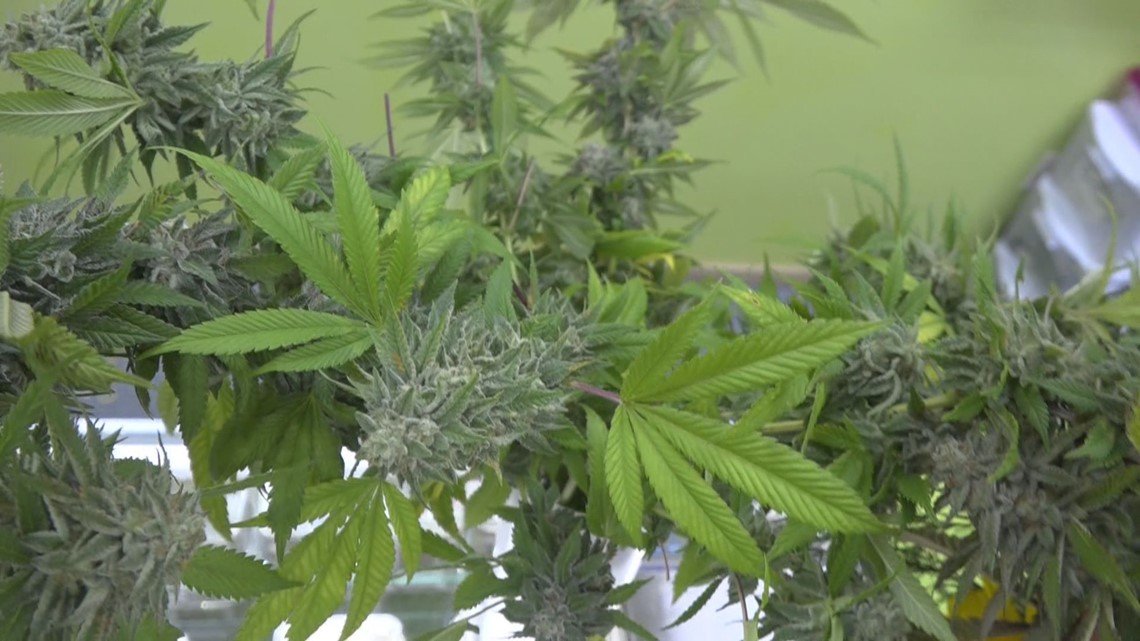arizona
Expert Insights: Unraveling the Mystery of Cannabis DUI Testing

In a concerning incident on I-10, a driver has been subjected to cannabis-related DUI testing following a collision with a school bus. Court records confirm that the driver is currently under investigation for their actions during the crash.
According to Maricopa County Deputy Luke Hardisty, cannabis can remain in a person’s system long after the effects have faded. He asserts that drug recognition testing is scientifically robust, providing clear evidence as to whether a driver was impaired at the time of an incident.
“Since legalization, we have seen an uptick in cannabis DUIs,” Hardisty remarke. He expressed concern over individuals not recognizing the risks involved with operating a vehicle under the influence of cannabis.
Hardisty indicated that he frequently encounters drivers exhibiting signs of intoxication, whether from alcohol, drugs, or a combination of both. Key indicators of impairment often include erratic speed and lack of vehicle control, but he emphasizes that a keen observation of the driver’s physical traits is crucial.
“The eyes are often referred to as the window to the soul,” he stated, reiterating their significance in identifying impairment. If a driver is suspected of being under the influence, they are generally required to perform a field sobriety test. Failure of this test can lead to further testing, which may include saliva, urine, or blood samples.
The driver involved in the school bus collision, identified as Nicolas Luis Rodriguez, admitted to consuming marijuana two days prior to the accident. He was arrested after displaying signs of impairment during a field sobriety test. Initial tests revealed cannabis in his saliva, followed by a blood test under a warrant to determine the specifics of his impairment.
Currently, Rodriguez is not facing any DUI charges. However, Hardisty noted that blood analyses can take time but are key in identifying active THC in a driver’s system, which is crucial for establishing guilt under Arizona law. “Any detectable amount of active THC can result in a DUI charge,” he explained, highlighting the lack of a standardized measurement for impairment.
In light of recent events, Hardisty strongly advocates for the importance of safe driving practices. “Designate a sober driver or stay home after consuming substances,” he urged, emphasizing the potential risks of impaired driving.
“You endanger your life and the lives of others,” he concluded, urging the public to recognize the severity of driving under the influence.


















